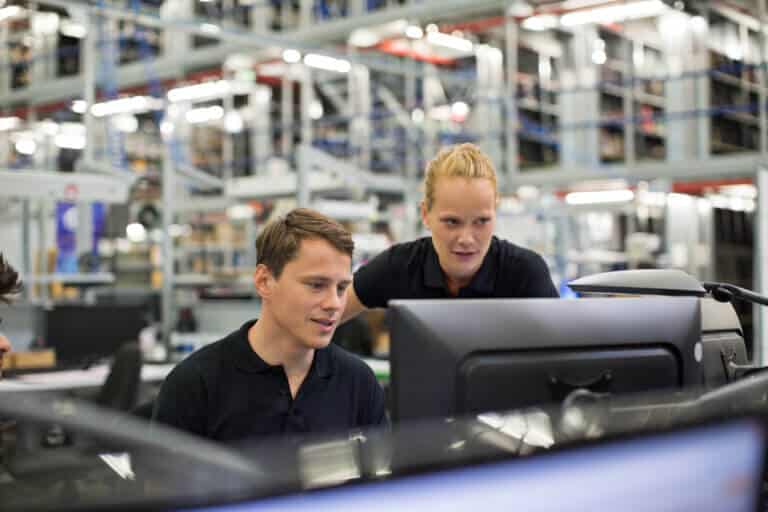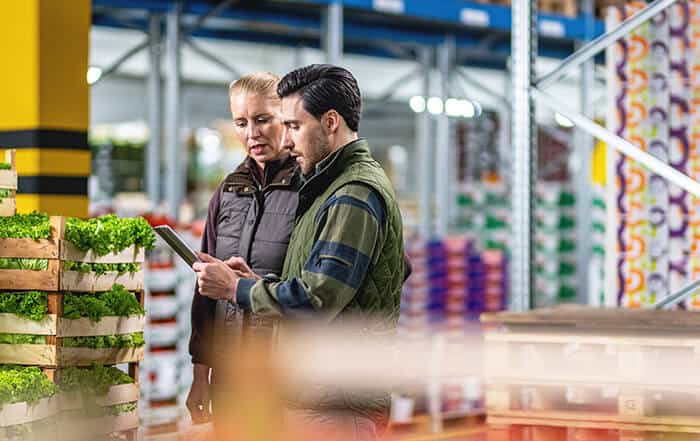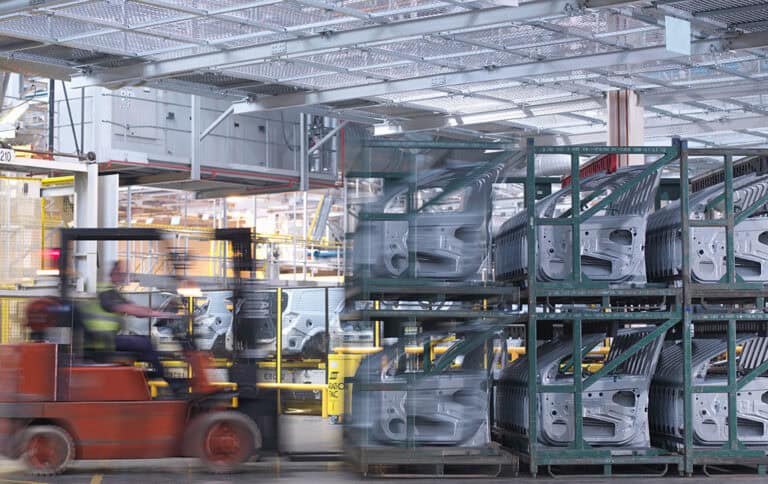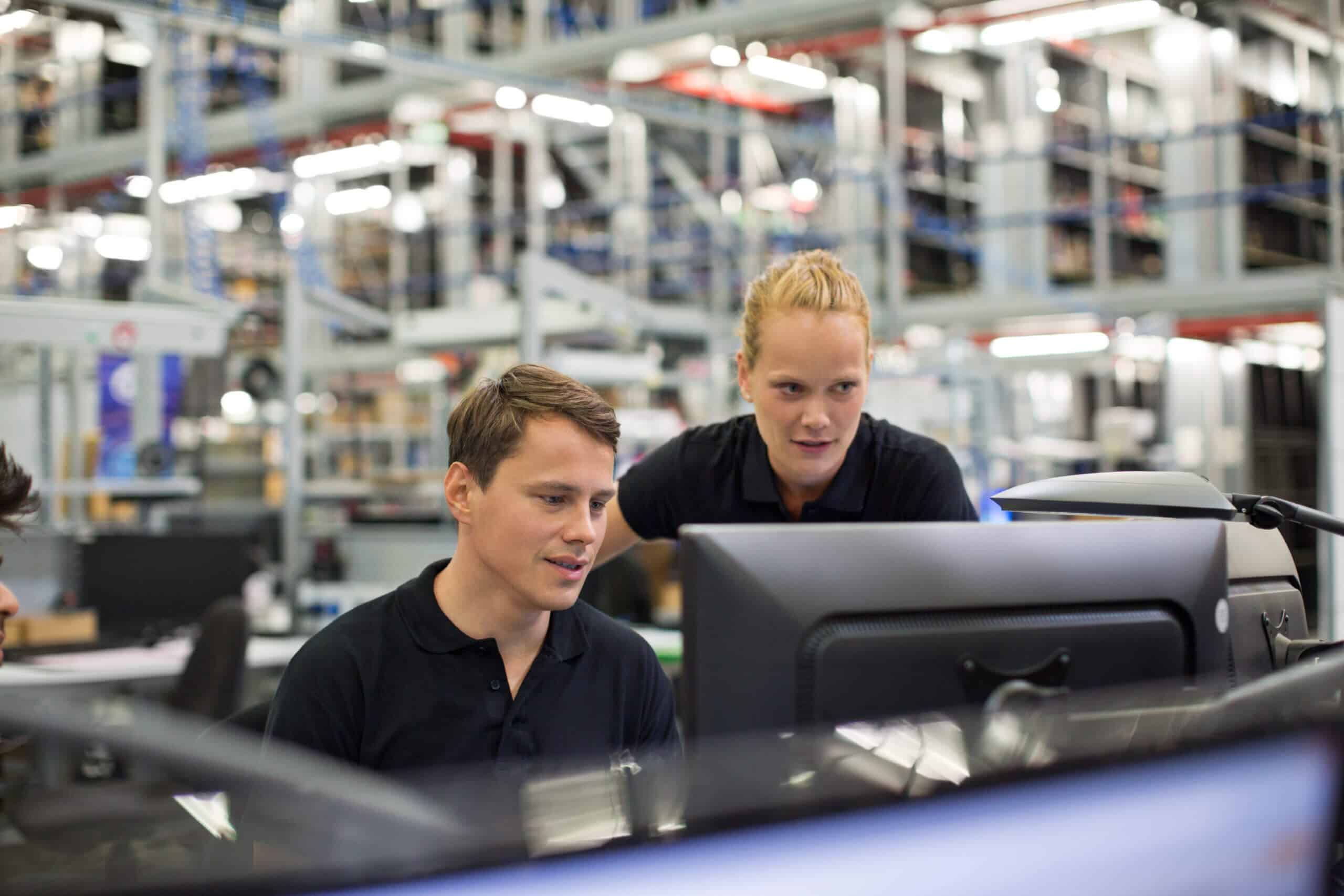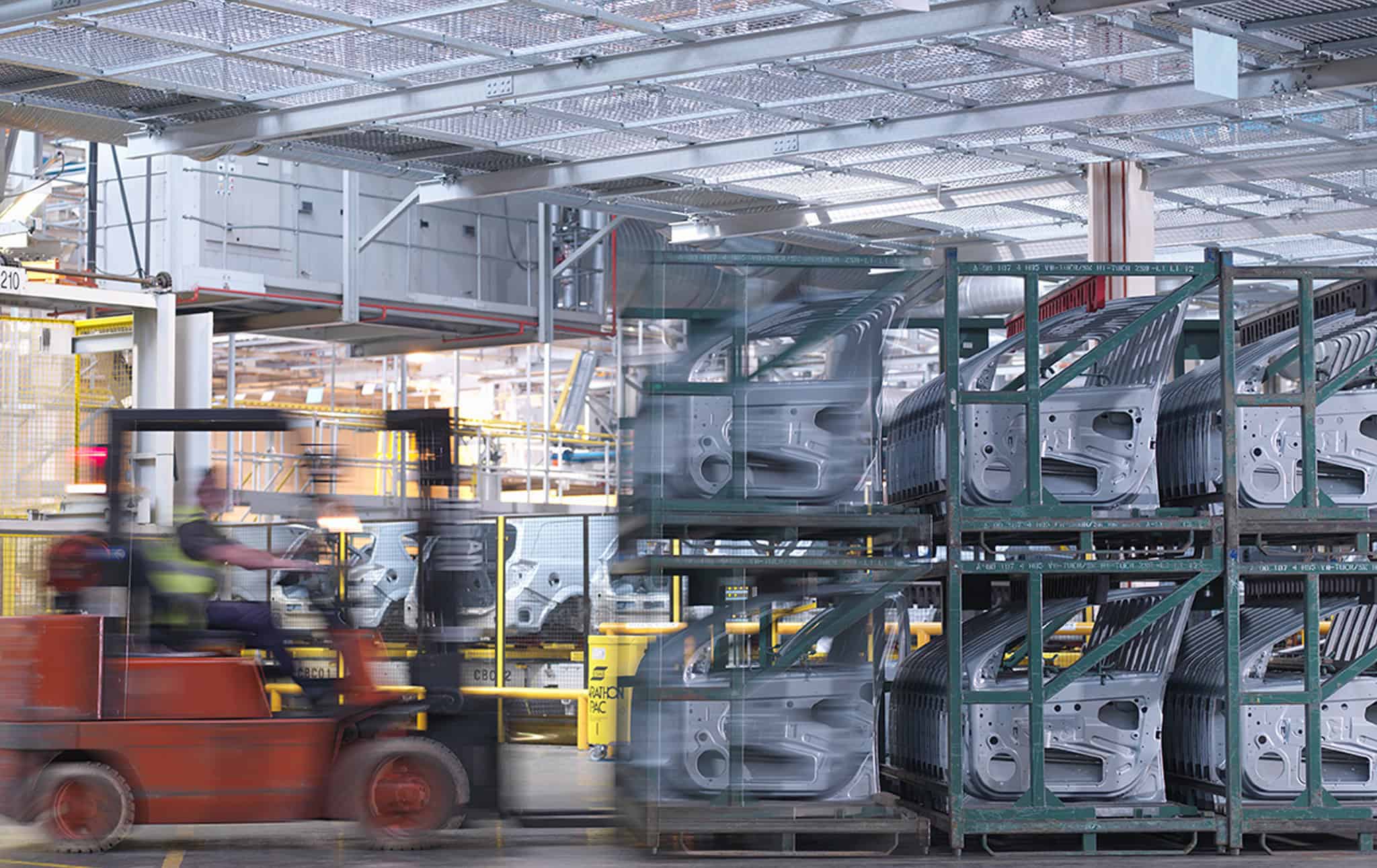
The anatomy of a compliance self-audit
A trade compliance self-audit or assessment quantifies a company’s level of compliance with applicable trade control regulations for all export and import transactions, including restricted party screening and trade agreement claims.
These assessments include two primary activities. The first is collecting and analyzing “soft data.” The second is reviewing “hard data.” Typically, audits are a comprehensive, exhaustive, and manually intensive exercise that scrutinizes transactions over the past five years. Personal interviews with compliance stakeholders examine processes and procedures to harvest soft data. The hard data comes from electronic submissions to customs agencies, with documentation of all types and analysis of every detail, starting with the product classification and extending to the final filing. This technique matches most customs agencies’ audit procedures, including a risk assessment and a review of internal processes. Official customs audits include inspections of record-keeping, internal controls, compliance, and reviewing financial documents and import entries.
The self-audit results will establish a quantified error ratio and expose any faults in the organization’s compliance program that could lead to potential violations.
Essential role of regularity for adherence
Not every company needs to conduct assessments at the same frequency. Audit frequency is dependent on the level of potential risk for your industry, the goods you produce and ship and the parties in your supply chain and customer base.
There is no magic quantity or industry standard for the number of internal audits to conduct. However, to reduce the number of transactions covered in any specific one, professionals recommend a quarterly cadence. Using third-party auditors is also beneficial to help ensure comprehensive and unbiased results. Since the COVID-19 pandemic, it has become common to use video conferencing technology to conduct assessments. There are substantial time and cost savings to using this method, and it still ensures compliance checks are in place.
Use of automation technology to support audits
Reducing manual audit preparation makes assessments less of a nuisance for your teams, improving their willingness to perform them. Digital audit trails deliver full transparency for ongoing, impromptu, or pre-planned assessments. It is even better for organizations to leverage automation to review transaction data as it is processed. e2open’s trade compliance applications perform a verification procedure that automates a two- or three-way match, checking if the declarations match the order and the invoices. Some companies also match the warehouse receipts against the purchase order (PO).
With access to the right information, the system can also match a declaration against the product master data. These capabilities help companies inspect whether a duty reduction they claimed under a special trade program (STP) was authorized. It can also help identify duty reductions that were authorized but that you didn’t declare, meaning you may be leaving money on the table. Overall, these verifications help ensure that all details between harmonized codes, country of origin and values are properly matched with the information in the declaration and the customs filing packet. Machine learning can use the results of these internal reviews to help improve compliance on similar transactions in the future.
e2open also provides the ability for companies to self-audit, enabling internal planners to set up an audit plan with templates to capture the results and highlight areas where processes are weak.
Diligence to be ready when they come
Customs authorities worldwide are signaling their stricter stance, putting companies of all sizes at higher risk for an audit. The increasing number of audits conducted, plus the intensified penalties and costs, make it essential for companies to be on their toes.
In preparation, you should be running smaller, more targeted and single-program self-audits in addition to full and comprehensive assessments. Review your processes and schedule refresher training with your stakeholders—both internal and external. Most importantly, realize that if you get officially audited, it can result in recommendations, duty adjustments going back four years, and financial penalties. However, it can also be a proactive measure to safeguard your organization in the future.
We invite you to Learn More about the e2open global trade management suite of applications.
More from e2open
Livre blanc
Weathering the Trade Policy Storm
When trade policy shifts impact your business, how do you react? Learn how your global supply chain can weather today’s turbulence, stay productive and in control.
Étude de cas
Allied Electronics automatise la conformité commerciale dans un contexte de croissance des ventes mondiales
Learn how a major global distributor managed regulatory complexities and high expectations by using automated export management to add robust trade compliance capabilities
